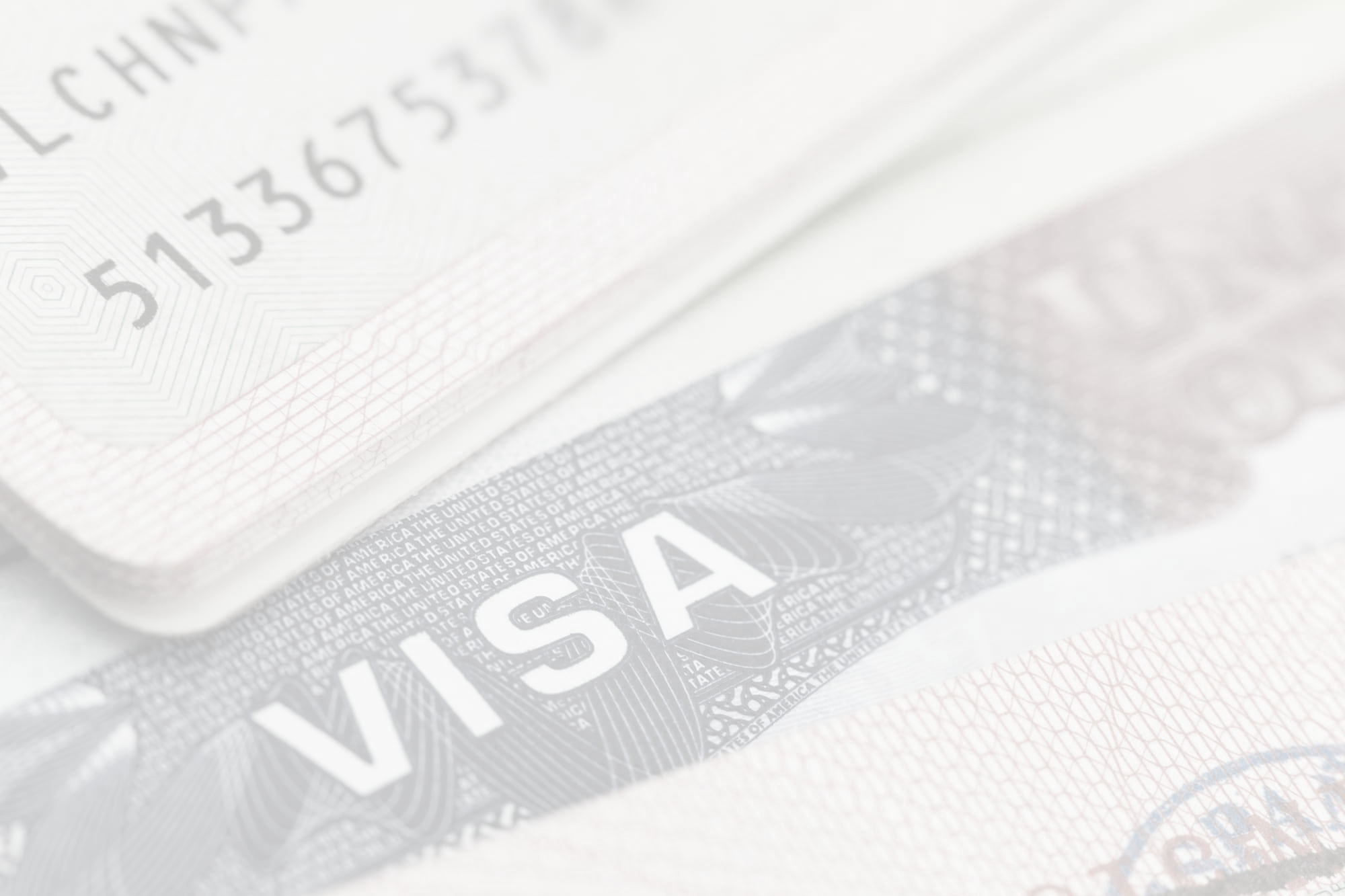When a permanent resident (LPR or greencard holder) travels overseas and returns, s/he is NOT to be treated as what is known as seeking admission (or an applicant for admission) into the United States.
The Board of Immigration Appeals (BIA) clarified in Matter of Rivens, 25 I&N Dec. 623 (BIA 2011) that to establish that a returning LPR is to be treated as an applicant for admission, rather than not an applicant for admission as stated above, the government has the burden of proving by clear and convincing evidence that one of the six exceptions listed in §101(a)(13)(C) applies.
Those exceptions are if the person:
- has abandoned or relinquished that status,
- has been absent from the United States for a continuous period in excess of 180 days,
- has engaged in illegal activity after having departed the United States,
- has departed from the United States while under legal process seeking removal of the alien from the United States, including removal proceedings under this Act and extradition proceedings,
- has committed an offense identified in section 212(a)(2), unless since such offense the alien has been granted relief under section 212(h) or 240A(a), or
- is attempting to enter at a time or place other than as designated by immigration officers or has not been admitted to the United States after inspection and authorization by an immigration officer
So if you are a permanent resident and stopped at re-entry at the airport or other port of entry by the Customs and Border Patrol (CBP), it will be on the DHS to prove by clear and convincing evidence that you fall into one of the above six categories.
Ricky Malik, Esq.



